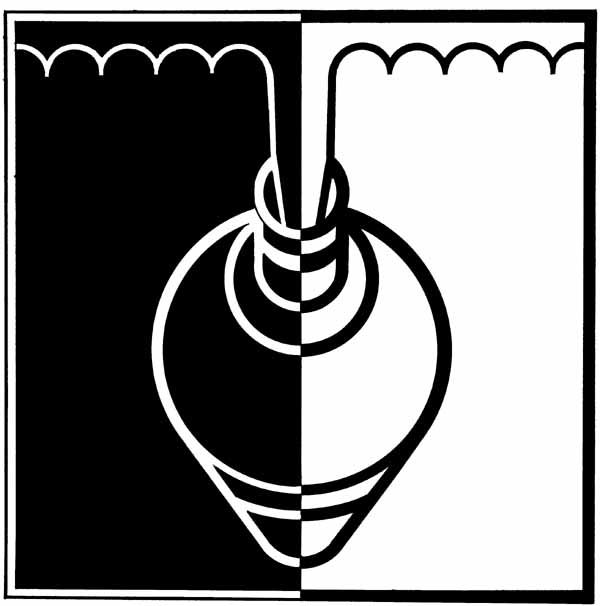Violence Against Women - Development Gateaway
The Punishment of Death by Stoning for the Offence of Zina (Adultery); Sharia in Nigeria and its Impact on Muslim Women
Abstract:
Stoning women to death for sexual relationships outside marriage is a barbaric and medieval practice.
Women's Rights Protection and Advancement Alternative (WRAPA), a Nigerian NGO successfully represented Amina Lawal in 2003 and prevented her death by stoning. Amina Lawal was a divorced woman sentenced to death by stoning by a Nigerian Sharia Court for her alleged commission of zina, a capital crime under the recently adopted Shari'a penal code of Katsina State in Northern Nigeria. Since women are not allowed to argue in Sharia Courts, WRAPA contracted with Barrister Aliyu Musa Yawuri, to represent Amina Lawal in her appeals.
WRAPA and its Nigerian collaborators were pleased that the outcome vindicated their position that the provisions of the Shari'a legal system can safeguard justice based on its own principles, procedures and precedents from the life of the Prophet. WRAPA maintains that the judgment will have a far reaching, positive impact on the protection of women from arbitrary arrests and convictions. Two new stoning cases, concerning two women, Hajara Ibrahim and Daso Adamu, represented by BAOBOB, Nigeria, now exist in Nigeria. Those working to defend the accused will rely on the Amina Lawal precedent. WRAPA believed that going to the Sharia court and winning the appeal there was the best way to advance Islamic jurisprudence, and protect other Muslim women from similar ordeals. The strategy was also aimed to encourage Muslims to be less powerless in the face of the religious right by proving that abuses perpetrated by the unscrupulous in the name of Islam can be challenged in a way that the Islamic court system can be relied on to issue a judgment comporting with true Islamic principles. Remaining in the Sharia system permitted WRAPA to contest Sharia's interpretation by the lower courts, and criticize its implementation. Understandably, Muslim lawyers or lawyers living under Muslim laws may not wish to challenge Sharia. Arguing for equality between men and women, a principle some argue is not recognized in Sharia, could target them as westernized betrayers of their culture and religion. But the problem with failing to address that Sharia discriminates against women and permits violence against them, is that Sharia reform is thwarted.
WRAPA's and the other Nigerian NGOs' attempt to facilitate the progressive interpretation of Sharia law is commendable, but the decision to work within the Sharia framework drew some criticism. The cases that have been won in the Sharia courts are not helpful in diminishing violence against women as a group inasmuch as the cases are overturned on technicalities with limited application to preventing other unfair prosecutions. The strategy was also criticized for failing to publicly acknowledge that some provisions of the new Sharia penal codes, subjecting all Muslim women in northern Nigeria to live under an imminent death sentence, clearly violates the Nigerian Constitution and international human rights law. This discussion paper deals with developing and presenting possible grounds of appeal in stoning cases under the Nigerian Constitution and international human rights law that would go beyond Sharia Courts in the event of an adverse decision for the current cases.
Source
--------------------------------------------------------------------
Interesting Article on Rule of Law in Afghanistan
http://www.usip.org/pubs/specialreports/sr117.html


0 Comments:
Post a Comment
<< Home